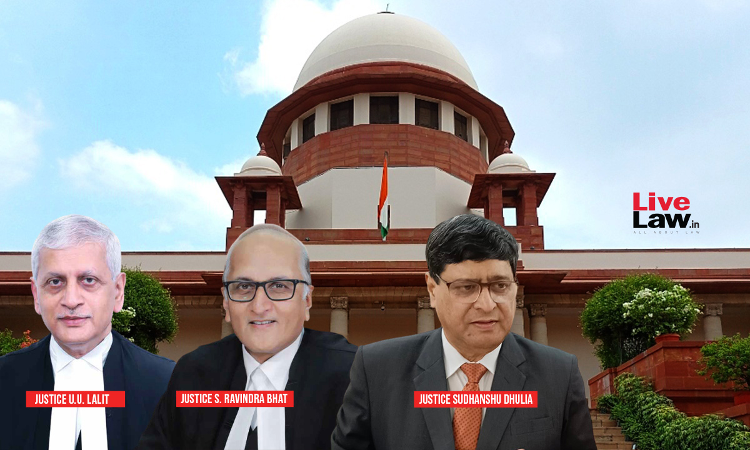Bonafides of PIL Petitioner Extremely Relevant Consideration ; Must Be Examined At Threshold Itself: Supreme Court
Ashok KM
8 Nov 2022 4:46 PM IST

Next Story
8 Nov 2022 4:46 PM IST
The Supreme Court observed that the bona fide of the petitioner who files the Public Interest Litigation (PIL) is an extremely relevant consideration and must be examined at the very threshold itself.This has to be done irrespective of the seemingly high public cause being espoused by the petitioner in a PIL, the bench of CJI Uday Umesh Lalit, Justices S. Ravindra Bhat and Sudhanshu...
